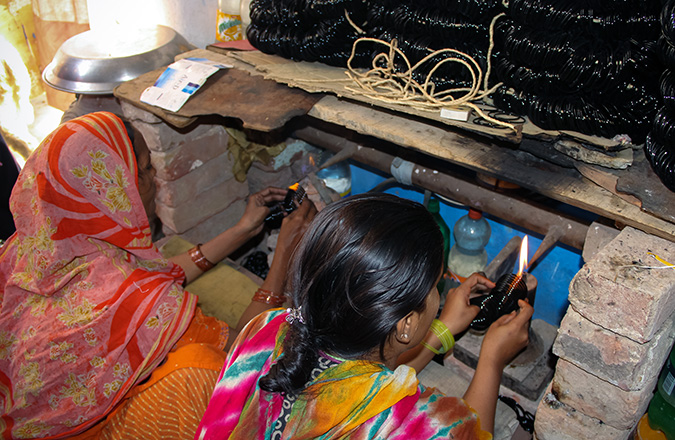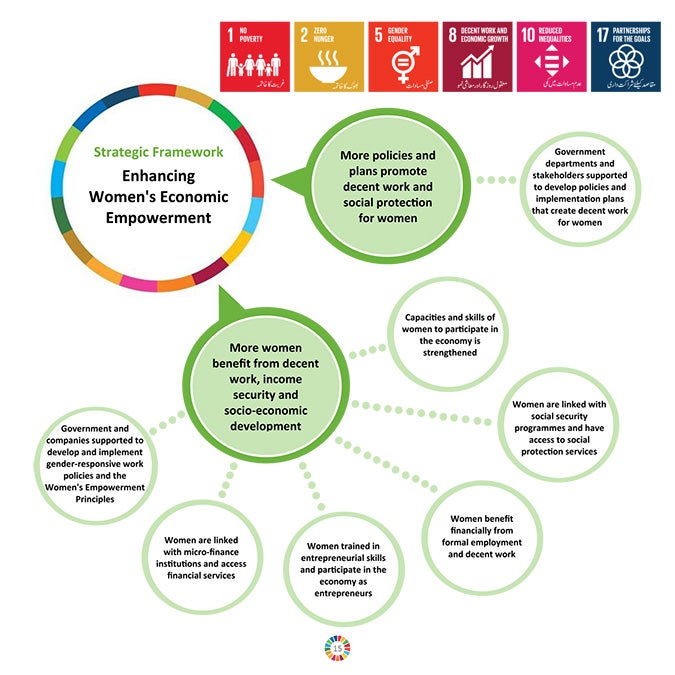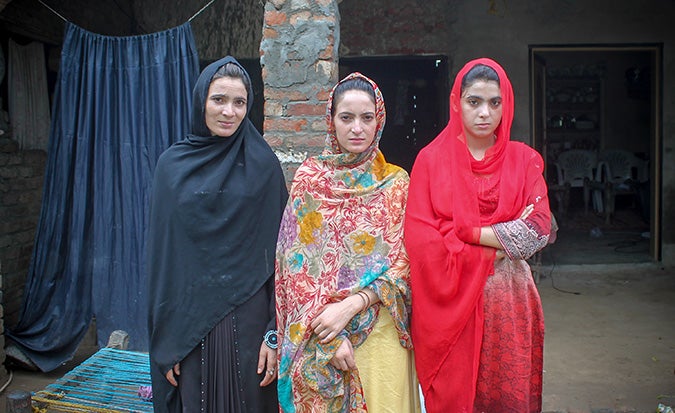Women's Economic Empowerment

The Issue
Investing in women’s economic empowerment sets a direct path towards gender equality, poverty eradication and inclusive economic growth. Women are key agents for achieving the transformational economic, environmental and social changes required for sustainable development.
Women make enormous contributions to economies, whether in businesses, on farms, as entrepreneurs or employees, or by doing unpaid care work at home. But they also remain disproportionately affected by poverty, discrimination and exploitation. Gender discrimination means that women often end up in insecure, low-wage jobs, and constitute a small minority of those in senior positions. It curtails access to economic assets such as land and loans and limits participation in shaping economic and social policies. And, because women perform the bulk of household work, they often have little time left to pursue economic opportunities.
Their limited access to credit, health care and education are among many challenges faced, which are further aggravated by food and economic crises, and climate change. Empowering them is key not only to the well-being of individuals, families and communities, but also to overall economic productivity.
How we will make a difference
UN Women will work with and support national and local stakeholders to ensure:
- Policies and plans enhance socio-economic empowerment of women (including from marginalized groups and home-based workers)
- Women benefit from decent work, income security and socio-economic development

Voices from the field

“Never has a moment been so pleasant for me than the one when we 3 sisters brought our PKR 42,000 monthly salary to a home where there was nothing except starvation."
Shehnaz (26) at one point was stitching clothes from home and if lucky, earned PKR 2,000 (approx. USD 20) in a month.
"My elderly parents are unable to work and my house consists of door-less rooms with no boundary wall.
Me and 2 of my sisters (Mehnaz and Shazia) joined a local company with help from UN Women. This was the first time we worked outside our house. With the factory providing pick and drop, we felt more secure in venturing out from our village to the city. Learning and working in the formal sector has been quite an eye-opener - working alongside men and earning the same as them.
Following job training, and with our collective income increased to PKR 42,000, we have re-paid PKR 25,000 borrowed to meet our urgent necessities. We have added doors to our rooms, plastered our once un-plastered floors and will now build a boundary wall and install an entrance gate. We have also bought a refrigerator and other household essentials.
Our substantial financial contribution to the family income has helped us realize that women can equally assume the responsibility of running a household. This realization has boosted our confidence in our own capabilities and talents.”